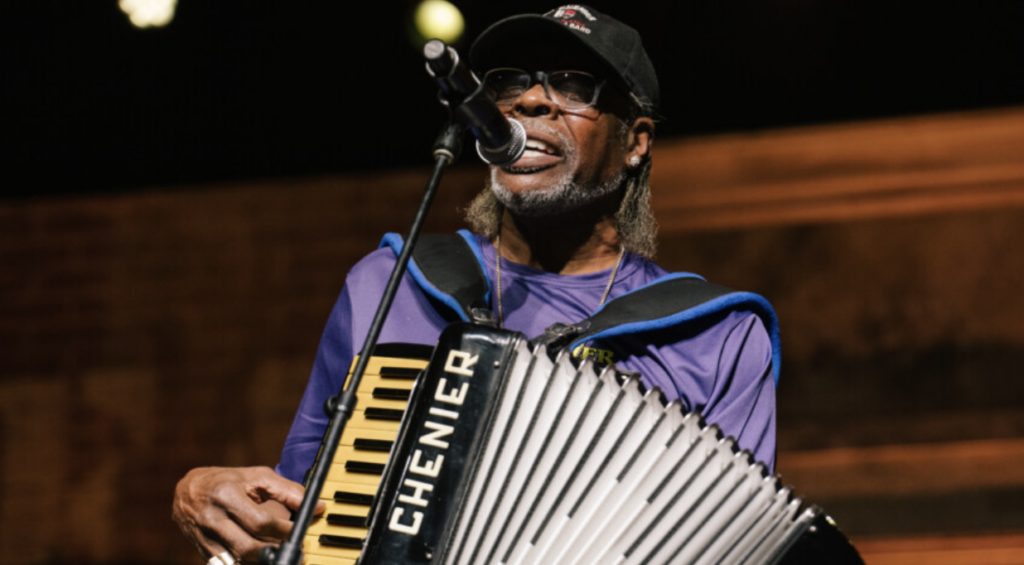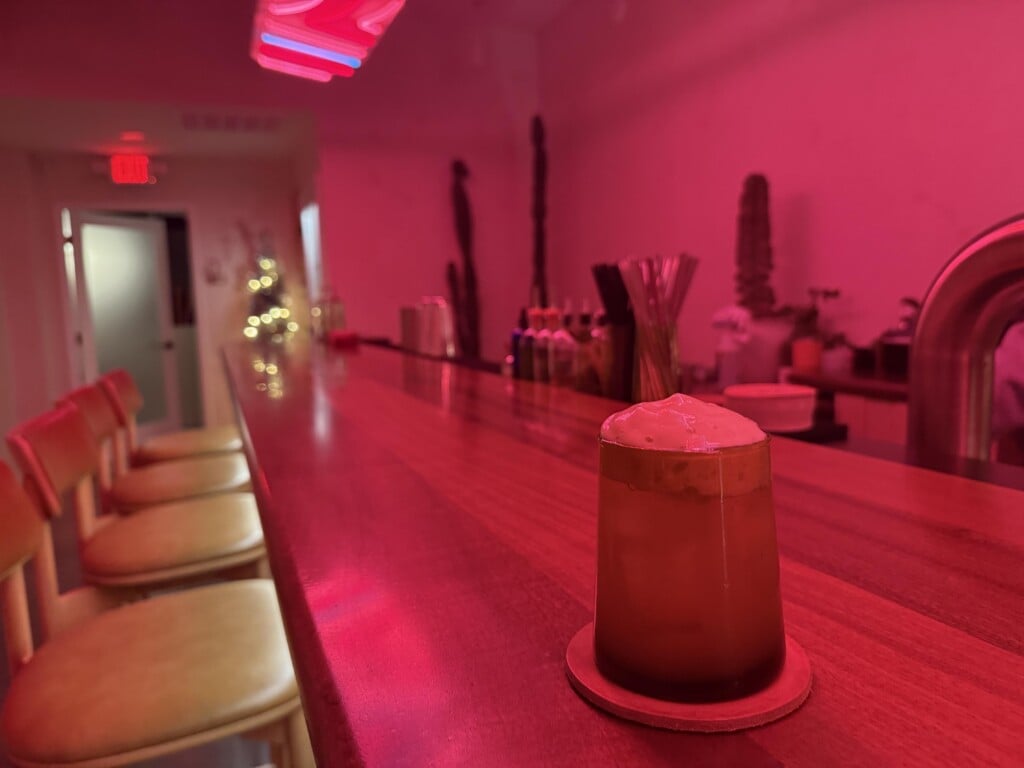Best of Enemies directors Morgan Neville and Robert Gordon agree about a contentious past

In 1968, the United States was at war with the Viet Cong — and with itself. That year’s assassinations of Sen. Robert Kennedy and the Rev. Dr. Martin Luther King Jr. raised the stakes of the coming presidential election. And the party conventions ahead of the November contest set fire to already frayed tensions.
During the latter — the Republican National Convention, in Miami, and the Democrats’ equivalent, in Chicago — millions tuned in to then third-rated ABC to watch a series of 10 debates between conservative National Review founder William F. Buckley Jr. and the novelist, screenwriter and Camelot exile Gore Vidal. The debates were a ratings Hail Mary hurled by a network forever stuck behind the more established CBS and NBC in the ratings. The idea — two establishment intellectuals publicly disagreeing about the state of the nation — now seems quaint, but it turned into a water-cooler bonanza that more than made up for ABC’s lack of gavel-to-gavel convention coverage. Buckley and Vidal gave off a white-hot mutual loathing that paved the way for the shouting matches that would become TV and cable mainstays in the years to come.
The new documentary Best of Enemies, arriving in KC today, recalls the wit, fury and good business of that moment in broadcast history. To understand the film and the events it depicts, The Pitch spoke with directors Morgan Neville and Robert Gordon at the True/False Film Festival in Columbia, Missouri, this past March. Neville won an Oscar for his film 20 Feet From Stardom, a vivid look at rock-and-roll background singers, and Grammy winner Gordon directed Johnny Cash’s America. The two explained that, while Vidal and Buckley are no longer household names, their impact on the present is undeniable.
The Pitch: How did you decide that these debates would work as a film?
Robert Gordon: My friend Tom Graves, who is a writer and entrepreneur, got ahold of a bootleg DVD of what we originally thought was all of the debates. I think he had seven or eight of them. And we screened them at the Brooks Museum of Art in Memphis. I knew at the event. Everyone stayed in their seats afterwards, and they talked for a long time, and my documentarian’s antenna went up because it was two iconic figures of different sides. There was drama with their opposing views. Tom was working on a stage play, and I suggest a documentary. He said, “Run with it.” The next step was that I cleared the rights with ABC, and then I called Morgan.
Morgan Neville: Robert called me and said he had these debates on tape and asked me if I was interested, and I said, “Absolutely.” Even though I do cultural documentaries, I’m kind of a political junkie, too, and my first job out of college was working as Gore Vidal’s fact checker [for The Nation].
I was very interested in seeing them, and when I saw them it was just high theater. It was almost opera with these bigger-than-life characters. They just don’t make people like that anymore. Even if they do make people like that, they don’t fill that role in our society.
I thought about these interesting things about media, public intellectualism and debate, and I said, “There’s something here — I don’t know what it is, but let’s try it.”
So we thought, maybe we should interview a few people and see if other people are as passionate and articulate about it. So we put out these interview requests to Dick Cavett, Frank Rich and Christopher Hitchens. And all of them immediately said yes. And we did those interviews before we even knew it was going to be a film. And the interviews were amazing.
You worked as a fact checker for Vidal? What was that like?
Neville: It was horrible. He would quote passages from memory and he would get them almost perfect. But the fact that they weren’t 100 percent perfect, and that I had to tell him, really drove him crazy, just because he hated being told he was wrong. I remember there were a number of things, like the name of his debate society at [elite boarding academy Phillips] Exeter he got slightly wrong, and he was furious that I was questioning him.
Substantively, it was amazing what he was doing because his writing encompassed so much history and his breadth of knowledge.
Gordon: During the five-year production, we included a lot of biographical information because we found out that people under 35 didn’t know who either one was. It never occurred to me that people wouldn’t know who they were because I’ve always associated Reagan with Buckley.
Both of these guys were as close as U.S. citizens get to being descended from royalty.
Gordon: Buckley’s father was actually a self-made man, so it wasn’t like they were the Rockefellers.
Neville: They came into wealth. It wasn’t like they came from generations of wealth. They went to fancy New England boarding schools.
Gordon: There were parallels. They were born around the same time. They were published around the same time. They each had political ambitions. Both wrote fiction and nonfiction.
Neville: But they both also shared that veneer of that perfect, East Coast, patrician [heritage]. They were both pretending a little bit. But they weren’t from the mainstream, Boston Brahmin families. They were, in fact, kind of pretenders.
Gordon: I like what Sam Tanenhaus said: “They weren’t born into the East Coast. They came and conquered it.” I think it was their outsider perspective in a waythat gave them their insights into how things worked. Buckley certainly became a deep insider. Vidal didn’t ever aspire to that kind of insiderness.
When you set out to make a documentary, it’s a self education. One off the most amazing things was to hear Matt Tannauer talk about Vidal’s political ambitions. He saw himself as presidential material. That was mind blowing. His father was in the [Franklin] Roosevelt administration, and his grandfather was a senator. He saw himself as part of a lineage that propelled him into that East Coast insiderliness.
Neville: The thing is, Gore was never comfortable playing with other people in the sandbox. Politicians have to have some of that ability.
Buckley was more of a team player?
Neville: Buckley was more of a team captain. As we say in the film, Buckley started as sort of an insurgent on the right, somebody who was defending [Sen. Joseph] McCarthy, someone who was a real firebrand and made a decision in the ’60s: “I don’t want to be an outsider. I want to be a kingmaker on the inside.” It was after his mayoral run in New York. He loses and says, “I want to win the big battles from now on.” He has to compromise. So he endorses Nixon in ’68. Nixon was very much a moderate, and Reagan was the darling of the far-right Republicans even at that time.

These guys hated each other and cheerfully made personal attacks on each other, but they usually presented some sort of supporting data to support their sometimes extreme assertions. You don’t see that as much today.
Neville: It’s not like today, where facts are subjective, where you get to choose your own facts. What’s the expression? “You can choose your own opinion, but you can’t choose your own facts.” We live in a world where you can choose your own facts. But not then. They were playing by the same ground rules. The film makes that point. When we started, we didn’t know what the film was going to be about. We had drama and characters and story. But ultimately, it’s about civil discourse and uncivil discourse. And it’s about the role the media plays in that transformation.
But Buckley and Vidal were consistently uncivil to each other.
Gordon: There’s no sense of civility. It’s not like Buckley and [Norman] Mailer. Buckley and Mailer shared a sense of recognizing the problem but not the solution. Buckley and Vidal both saw the problem but didn’t have the respect for each other. Each saw the other as dangerous. That’s part of what motivates their discord. They’re trying to save the nation by taking down the other person.
Neville: I don’t want to put too much import and say this is the Garden of Eden moment, but it was a big factor. It’s one of those moments that helped people in the news business change their thinking.
Gordon: When we found a headline that said, “CBS will base its 1972 debates based on the success that ABC had in ’68,” it wasn’t too far fetched. We wanted to find that kind of thing to say, “We’re not just imagining this. Point/Counterpoint begins on 60 Minutes in the wake of this, which leads to “Jane, you ignorant slut.” There were some direct lines we could draw.
Neville: In ’68, in Chicago, you’ve got the extreme clash going on in the country, going on in the streets outside the studio. And you have the two of these guys who are just a microcosm. These guys represent the two schools of what’s happening in the street, the person beating another person over the head. One’s for the bludgeon; one’s for the victim.
Gordon: There was an honest-to-God fear that the nation was going to fall apart over Vietnam and the youth movement. These two guys were the distillation of that.




